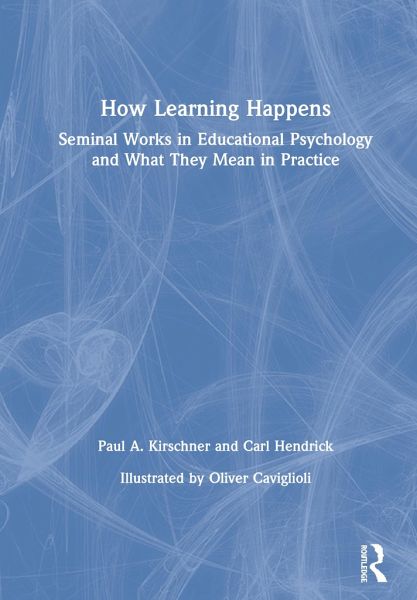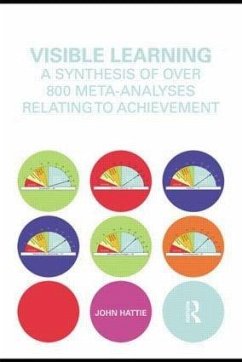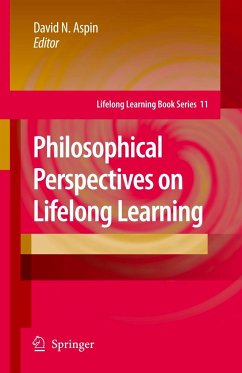
How Learning Happens
Seminal Works in Educational Psychology and What They Mean in Practice
Versandkostenfrei!
Versandfertig in über 4 Wochen
168,99 €
inkl. MwSt.

PAYBACK Punkte
84 °P sammeln!
How Learning Happens introduces 28 giants of educational research and their findings on how we learn and what we need to learn effectively, efficiently and enjoyably. Many of these works have inspired researchers and teachers all around the world and have left a mark on how we teach today.












